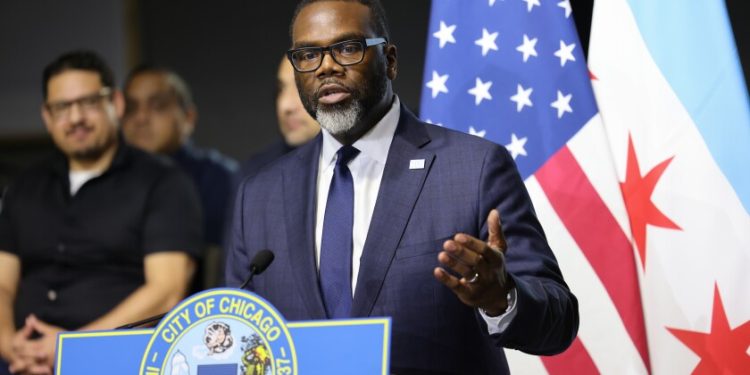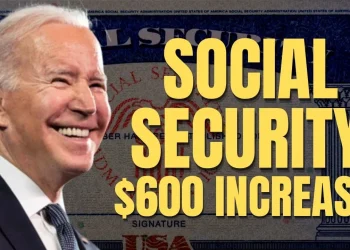Chicago’s pension debt has ballooned to a staggering $37.2 billion, driven higher by new benefits for police pensions and ongoing financial uncertainties. Despite efforts by past and present city leadership to stabilize the situation, the debt continues to rise, complicating efforts to manage the city’s finances without resorting to property tax hikes.
According to the Chicago Tribune, this massive pension debt is the highest in recent years. Former Mayor Lori Lightfoot and current Mayor Brandon Johnson have both committed billions towards pension payments, but these efforts have been offset by increasing costs and changing financial forecasts. Mayor Johnson, who has vowed to avoid raising property taxes, faces significant challenges in managing the city’s finances amid economic uncertainties and rising interest rates.

Casino Revenue Shortfalls and Financial Uncertainty
Chicago had pinned hopes on revenue from a new casino project to alleviate some of its financial burdens. However, the temporary casino has underperformed, generating less revenue than anticipated. This shortfall raises concerns about the future financial contributions of the permanent casino, further complicating the city’s efforts to address its burgeoning pension debt while maintaining essential services.
As Chicago grapples with these issues, city leaders are exploring legislative changes and alternative revenue sources to secure the city’s financial future despite the ongoing pension crisis. The combination of pension debt, underwhelming casino revenues, and a commitment to avoiding property tax increases presents a complex financial landscape for Chicago’s leaders to navigate.












